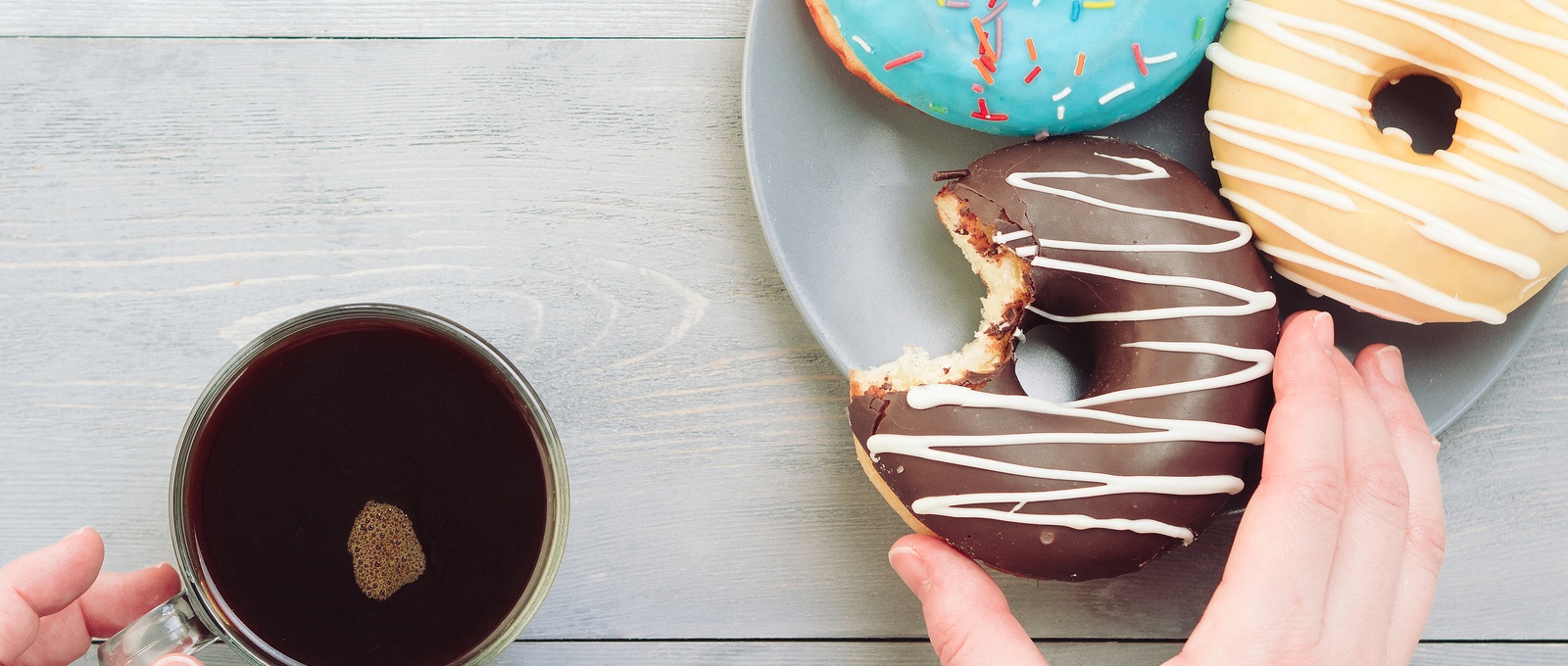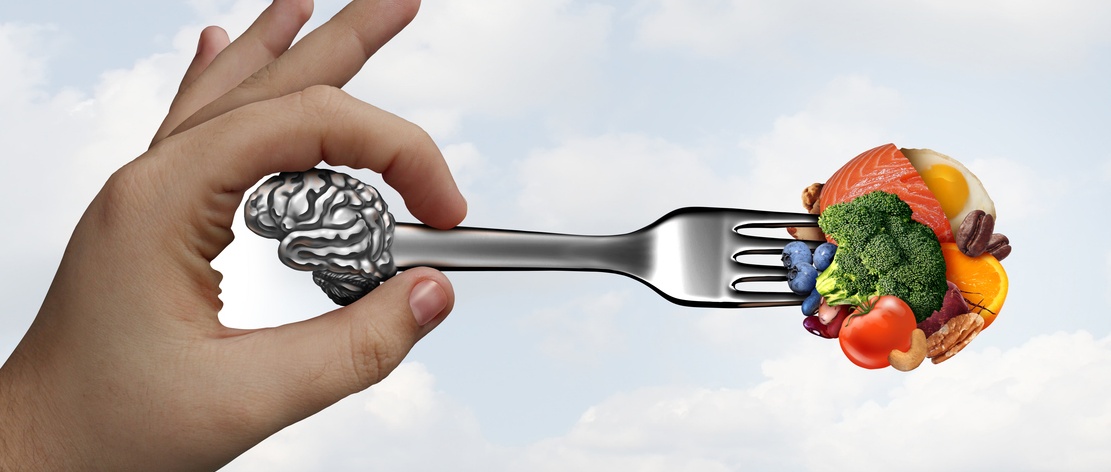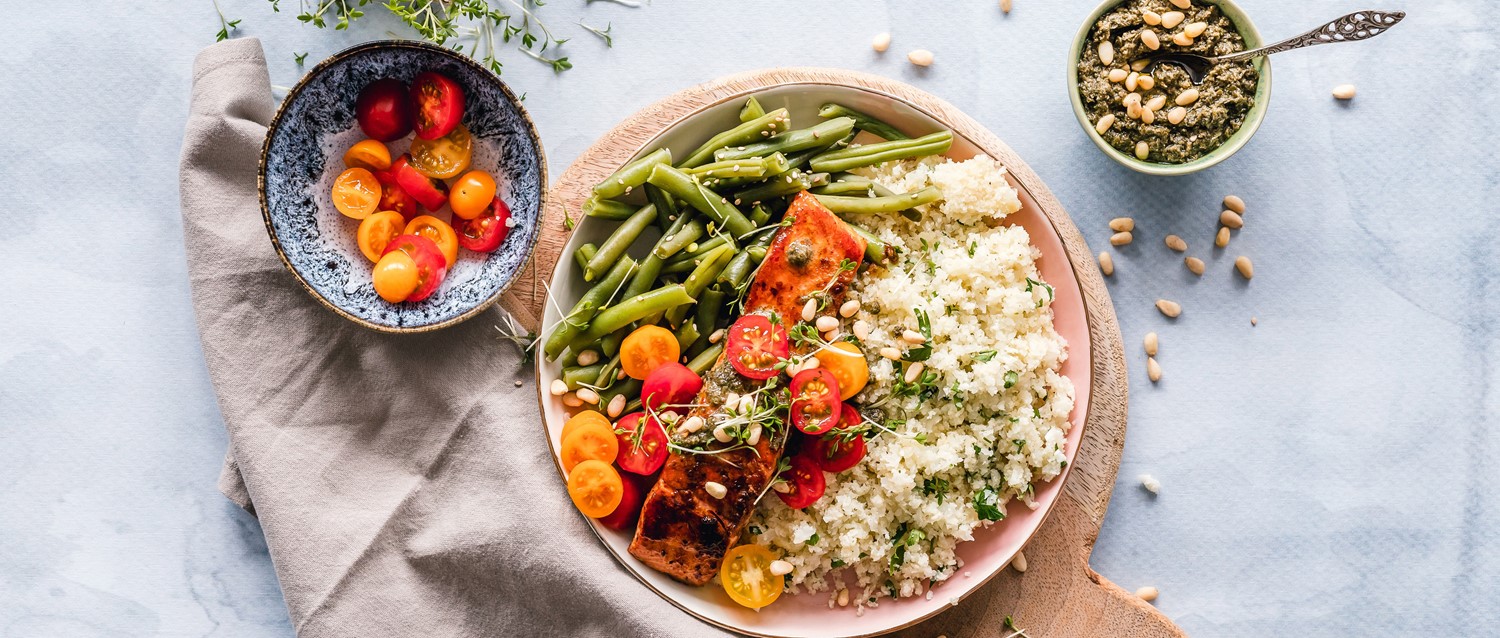
Which foods trigger irritable bowel syndrome?
Peer reviewed by Dr Doug McKechnie, MRCGPLast updated by Victoria RawLast updated 8 Sept 2024
Meets Patient’s editorial guidelines
- DownloadDownload
- Share
- Language
- Discussion
- Audio Version
If you have irritable bowel syndrome (IBS), you’ll probably understand that some foods can trigger your symptoms. Although there’s no one-size-fits-all approach to an IBS diet, some foods may be more likely to cause problems than others.
In this article:
Video picks for Irritable bowel syndrome
Irritable bowel syndrome (IBS) is a common condition that affects the digestive system. It causes symptoms such as:
Symptoms can come and go and last for days or months.
The exact cause of IBS is unknown. It has been linked to things like food passing through your gut too quickly - or too slowly - sensitive nerves in your gut, stress, and a family history of the condition. Although there's no cure, knowing which foods may cause symptoms can help create a diet that works for you.
Julie Thompson, information manager at Guts UK, explains that foods which trigger a flare-up of symptoms vary from person-to-person. However, there are some common themes.
Continue reading below
Which foods can trigger IBS symptoms?
Coffee
Many people reach for a coffee first thing in the morning. But caffeine - found in coffee, tea, cola, and chocolate - can lead to diarrhoea, especially if you have a more sensitive gut.
Caffeine is a gastrointestinal stimulant which means that it speeds up peristalsis - the muscle contractions that move food through your digestive tract. Both caffeinated and decaf coffee also stimulate the production of a hormone called gastrin, which promotes digestion and can increase your urge to go to the toilet. The acidic nature of coffee can also stimulate your bowels1.
However, whether coffee is problematic can depend on the person.
Thompson says: “For some people with IBS and constipation, a cup of coffee in the morning might help to get the bowel moving."
Sweeteners
Many foods contain sugar-free artificial sweeteners - such as sorbitol and xylitol - but these can cause diarrhoea. According to some studies, sweeteners may affect the good bacteria in your gut2. Also, chewing gum leads to more swallowed air, which can make gassiness and bloating worse.
Fruit juice
Drinking too much fruit juice can cause unpleasant symptoms for some people with IBS as it contains a sugar called fructose. In one study, around one third of patients with suspected IBS had fructose intolerance3. Fructose is found in higher quantities in juice, honey and sweets, as well as in fruits and some vegetables.
Some people - including those with IBS - are unable to fully absorb fructose in the small intestine, which can lead to bloating, stomach pain, and diarrhoea. As a result, the undigested fructose makes its way into the large intestine where it is fermented by bacteria, causing IBS symptoms.
It can help to limit the amount of juice you drink. However, Thompson adds that fruit is healthy and should not be completely cut out of a diet.
Fizzy drinks
Fizzy drinks can cause gas and bloating because of the carbonation. This can lead to too much gas that can irritate your digestive system. Additionally, regular fizzy drinks contain high levels of sugar, and diet drinks contain artificial sweeteners, which can further aggravate your gut.
Fatty foods
Greasy or deep-fried foods that are high in fat, such as chips or pizza, can cause stomach cramps and diarrhoea in some people with IBS. It’s not known exactly why this is, but research has suggested that eating fatty foods can slow down the movement of gas in your gut4.
“High levels of dietary fat can also trigger a gut reflex called the gastrocolic reflex," says Thompson. "This signals your colon to empty food once it gets to your stomach in order to make room for more food. For some people, this can cause diarrhoea immediately when fats enter the stomach.”
Milk
Lactose is a type of sugar found in cow’s milk and dairy products like cheese or ice cream. For some people with IBS, an inability to break down lactose - because of a lack of an enzyme called lactase - causes problems such as bloating, gas, stomach ache, and diarrhoea.
However, Thompson explains that lactose isn’t the cause of all IBS cases. It’s important for people with IBS to identify their own triggers before changing their diet. If lactose does trigger IBS symptoms, you can swap cow's milk for alternatives such as oat or lactose-free milk.
Alcohol
Alcohol is believed to stimulate the digestive tract, which can lead to IBS symptoms. In the small intestine, alcohol can reduce the absorption of nutrients including carbohydrates. This can lead to gas and diarrhoea as these substances interact with bacteria in your large intestine. Like coffee, alcohol can speed up the movement of the muscles of the intestine, increasing the chance of diarrhoea in people with a sensitive gut5.
FODMAPS
FODMAPs (fermentable oligosaccharides, disaccharides, monosaccharides, and polyols) are sugars in certain foods that the small intestine absorbs poorly.
“These non-absorbable carbohydrates are found in many foods and are fermented by bacteria in the large bowel,” explains Thompson. “This can cause symptoms in people with IBS."
Foods which contain FODMAPs include - rye, milk, peaches, cherries, apples, pears, peas, beans, lentils, savoy cabbage and cauliflower.
There is a specific low FODMAPS diet for IBS which involves removing high FODMAPs for several weeks, then re-introducing them one at a time to see which ones you can tolerate. You then continue on your personalised diet with certain FODMAPs removed.
The diet can be challenging to follow, and nutritionally restrictive so you should speak to your dietician for advice.
How to manage the symptoms of IBS
Back to contentsAlthough there is no fix for IBS, it is possible to manage your symptoms. First, you should speak to your doctor who will ask you about your symptoms - whether they come and go, how often you get them, and when you get them.
Before diagnosing IBS, your doctor may want to rule out other causes of digestive problems, such as coeliac disease - a condition caused by an allergy to gluten. Gluten is mostly found in flour-based foods, such as breads and pastas.
If you are diagnosed with IBS, it’s important to take note of foods which trigger symptoms before changing your diet. Keeping a food diary can help. Finding ways to relax, getting plenty of exercise, and trying probiotics may help ease your symptoms.
People who struggle with diarrhoea may benefit from cutting down on high-fibre foods, such as brown bread, as well as caffeine. It’s also important to drink plenty of water to avoid dehydration. However, if you are constipated, you should eat more fibre-rich foods, such as beans, carrots and linseeds. Your doctor may recommend medicines to control diarrhoea or relieve constipation.
Your doctor or dietitian may recommend a diet which is low in FODMAP foods.
Continue reading below
Further reading
Back to contents1. Acquaviva et al: Effect of regular and decaffeinated coffee on serum gastrin levels.
2. Spencer et al: Artificial sweeteners: A systematic review and primer for gastroenterologists.
3. Choi et al: Fructose intolerance in IBS and utility of fructose-restricted diet.
4. Serra et al: Lipid-induced intestinal gas retention in irritable bowel syndrome.
Patient picks for Irritable bowel syndrome

Digestive health
What is the link between IBS and anxiety?
Irritable bowel syndrome (IBS) can cause a combination of tummy cramps, diarrhoea, bloating and constipation. It's a long-term health condition that can affect your quality of life. Although changing your diet and taking certain medicines can help, poor mental health and IBS symptoms can mutually aggravate each other.
by Victoria Raw

Digestive health
IBS diet: foods to eat and avoid
Diet and lifestyle management can be used as a treatment for irritable bowel syndrome (IBS). People with IBS should use a staged approach to try and treat their symptoms. It may be as simple as eating healthily and changing lifestyle factors. There may be slightly stricter and more specific ways to manage symptoms with a plan called the low FODMAP diet.
by Victoria Raw
Continue reading below
Article history
The information on this page is peer reviewed by qualified clinicians.
Next review due: 8 Aug 2027
8 Sept 2024 | Latest version
11 Apr 2023 | Originally published
Authored by:
Lydia Smith

Ask, share, connect.
Browse discussions, ask questions, and share experiences across hundreds of health topics.

Feeling unwell?
Assess your symptoms online for free
Sign up to the Patient newsletter
Your weekly dose of clear, trustworthy health advice - written to help you feel informed, confident and in control.
By subscribing you accept our Privacy Policy. You can unsubscribe at any time. We never sell your data.